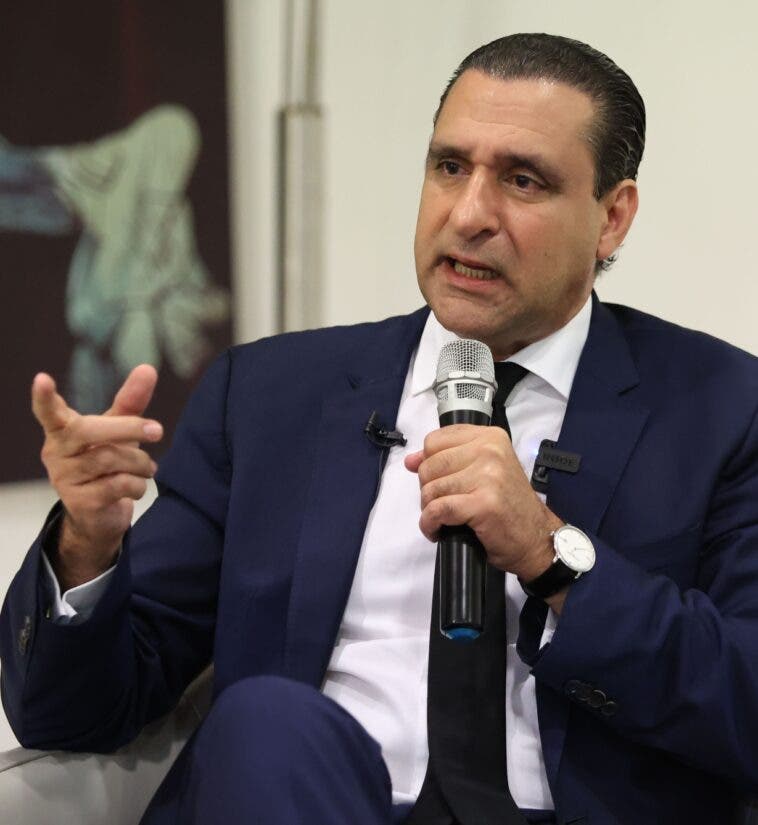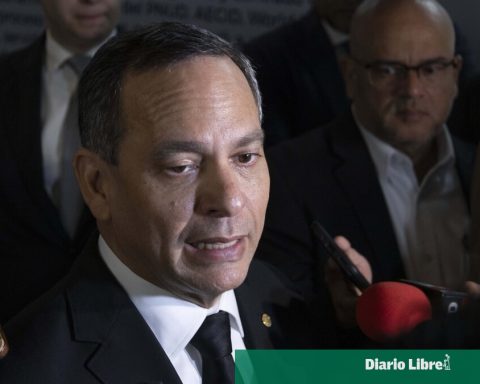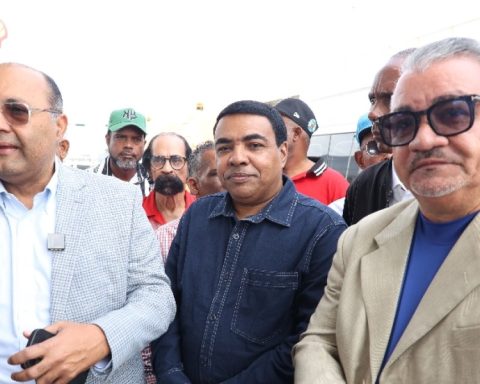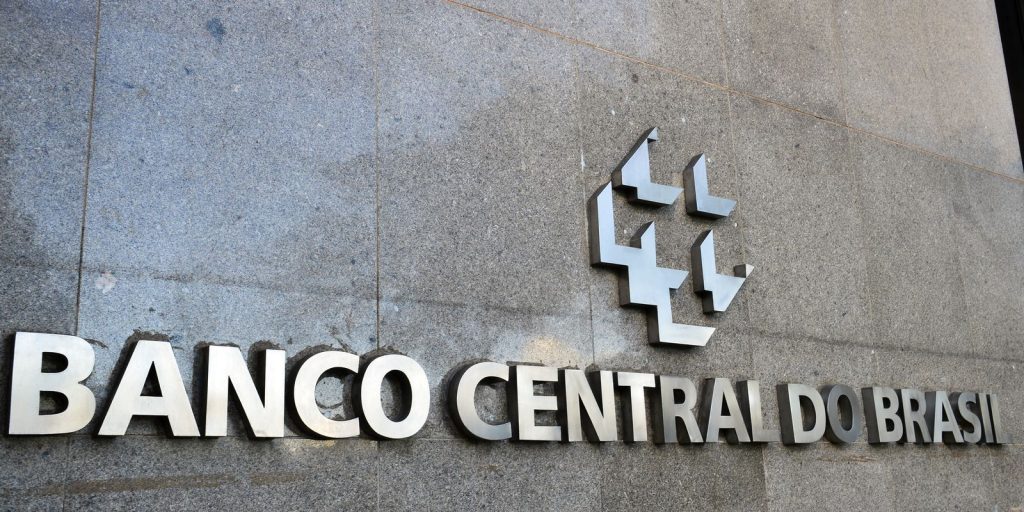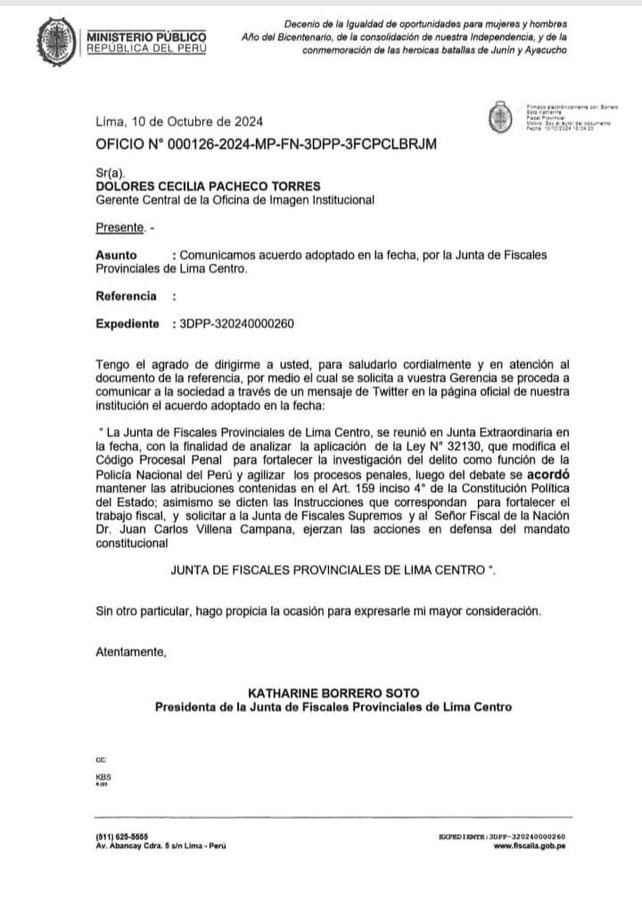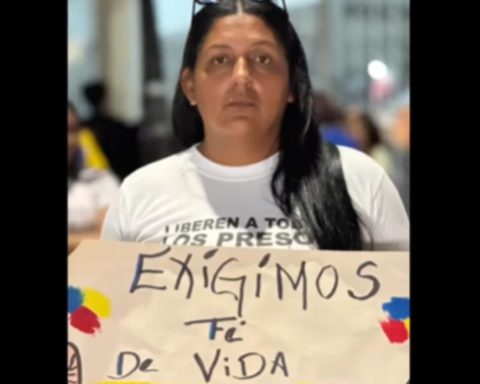Santo Domingo.-The Institutionalism and Justice Foundation (Finjus), which contributes as a counterweight from society with organizational strengthening in various areas, yesterday urged the actors of the judicial system to support the cases with evidence and not theories, which would contribute to not extend the processes so much.
And, according to the vice president of Finjus, Servio Tulio Castaños Guzmán, the slowness observed in the country’s judicial processes should leave some lessons, the first being that the content of the files implemented by the Public Ministry does not have to be in thousands of pages.
He cited as an example the United States and countries where the systems work, in which the files do not reach 80 pages, while they focus on the criminal part that has to do with corruption and not from the economic point of view.
“It is a crime from an institutional point of view, because what corrodes most is corruption; So the actors also have to understand that the cases are not based on theories, but on evidence,” said Castaños, when participating in the Weekly Lunch of the Corripio Communications Group.
Excessive requests
Likewise, he said that he does not criticize the Public Ministry for the excessive level of requests for preventive detention as a measure of coercion, but rather the judges who grant it.
“At the end of the day, the Public Ministry is a part of the criminal process, but judges are there to guarantee rights and act impartially,” he explained.
He explained that in the country only 10% of cases are negotiated, while the other 90% are prosecuted, when this should be different; that is, 90% with agreements or negotiations and the rest to the courts.
He specified that there is no way for a penal system to be sustained when 90% of what reaches the system ends up being heard in court, “so those are one of the things that we have to begin to evaluate.”
Participation in 34 years
Elena Viyella and Servio Tulio Castaños, from Finjus, and José Monegro, director of EL DÍA. Joseph of Leon
The organization, which has been ensuring institutionality in various instances for 34 years, has participated in transcendental processes such as the constitutional reform of 1994, as well as that of 2010, with which it went from a liberal State to a social and democratic one of law. , among others.
However, Finjus did not participate in the 2002, 2015 or 2019 reforms, since these were about introducing presidential re-election.
For the most recent one, which was the 40th reform of the Constitution of the Republic, which turned 180 years old yesterday, the vice president of Finjus indicated that they were consulted and made some proposals.
However, he pointed out that they would have liked to see aspects such as the Chamber of Accounts addressed, so that instead of five members there would only be one, since until now this has brought about governance problems when there are disagreements between them.
“And this same constitutional reform implies that we had to reform 6 laws, such as the National Council of the Judiciary (CNM), its regulations, the Organic Law of the Public Ministry, the issue of deputy attorneys general, which the CNM now appoints. ”, stated Castaños.
This is because now it is that council that is in charge of selecting the attorney general, which is why he highlighted that for the first time a president is stripped of that right.
He added that the Electoral Law must be reviewed because the elections were unified and, therefore, the number of deputies in some provinces must be evaluated, as well as the political system.
In that sense, he highlighted that the country has advanced with processes that are increasingly legitimate.
Police reform
Castaños pointed out that the Police reform in which they participate is a long process, which began with the improvement of working conditions, which has led to more and more people wanting to join that body.
The new uniforms will have 13 functions, including a QR code, and will be used by certified police officers.
According to Elena Viyella de Paliza, member of the Council of Directors, 776 new police officers will graduate and will go out on the streets under supervision to do internships. There will be six axes to access the Police, including the career system, the structure and operation of the institution, public services and discipline.
System deficiency
— The victim
The vice president of Finjus indicated as a deficiency that the victim feels unprotected by the Public Prosecutor’s Office, something that does not happen with the defendants represented by the Public Defender’s Office.
Finjus is 81 out of 2,000 thought centers
Position. With almost 35 years of experience, the Institutionality and Justice Foundation (Finjus) was chosen at number 81, among more than 2,400 think tanks in Latin America that were evaluated by the Thought Center of the University of Pennsylvania.
“That is to say, we have experience, a wealth, and that is what has allowed us to be in permanent contact with the State bodies,” said the vice president of the organization.
He explained that as they have a vision of the State, they are constantly aiming at its strengthening, especially in what has to do with institutional changes in each of the instances.
